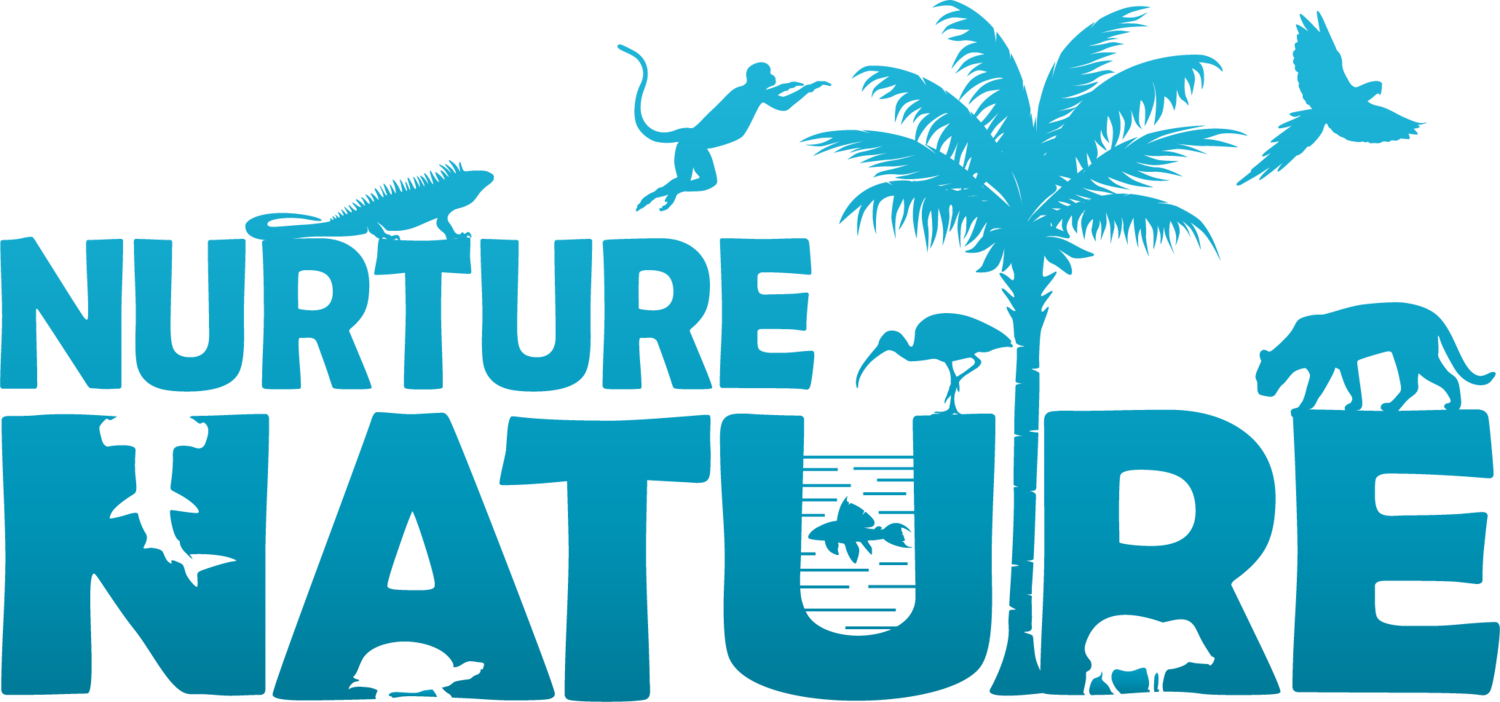
Harms
The pet wildlife trade in Trinidad, Tobago, and the wider Southeast Caribbean results in harms to animal welfare, ecological stability, public health, and the rule of law.
Animal Welfare
Traded infant monkeys often have injuries consistent with a fall from a tree, ostensibly from when their mother was shot by a hunter. It is unknown how many monkeys perish from this form of wildlife collection.
Wildlife is often trafficked under poor conditions, which results in a high juvenile mortality rate. For instance, local hobbyists estimate that 50-80% of traded songbirds die from contagious diseases before reaching adulthood.
Captive animals commonly suffer from illnesses related to poor nutrition and extreme boredom, and many perish in their relative youth as a result. For instance, local Orange-Winged Amazons can live up to 80 years in captivity, but very few live this long in Trinidad and Tobago.
Ecological Stability
Mohammed, Khan, and Ali (2017) have found there to be a growing population of non-native Red-eared Slider turtles on the island of Trinidad as a result of the pet trade. The turtle is considered by some to be one of the 100 most invasive species in the world.
The release of traded wildlife from abroad risks the loss of local sub-species. It is possible that ocelots, like several other TT species, have special characteristics that distinguish them as unique sub-species.
The pet trade has severe effects for native biodiversity. Blue and Gold macaws were hunted to local extinction before being re-populated by conservationists. Other species are at risk of following this path.
Public Health
Zoonotic diseases can be transferred from captive wild animals to humans, including rabies, yellow fever, tuberculosis, and leprosy (pictured). Cases of tuberculosis and leprosy transfer have been recently documented.
Some wild animals can seriously harm their keepers and passing strangers. For instance, monkeys can be territorial and possessive of their caregiver. They typically become more aggressive with puberty.
New diseases continue to emerge due to humanity’s interaction with captive wild animals. The COVID-19 virus may have jumped from bats to captive snakes or pangolins before infecting humans.
Rule of Law
A wide variety of laws are broken in the conduct of the harmful pet wildlife trade. These include illegal animal killing, smuggling, tax evasion, and the violation of protections for public health and biodiversity management.
Corruption is alleged to play a key role in the illegal aspects of the pet wildlife trade. According to Transparency International, T&T is relatively corrupt, scoring 40 out of 100 on its Corruption Perceptions Index compared to a country like Canada with a score of 77.
The illegal pet trade intersects with other illegal trades in drugs, humans, and weapons. Collectively, these “products” underpin large illegal networks that cause broad harms to society.
